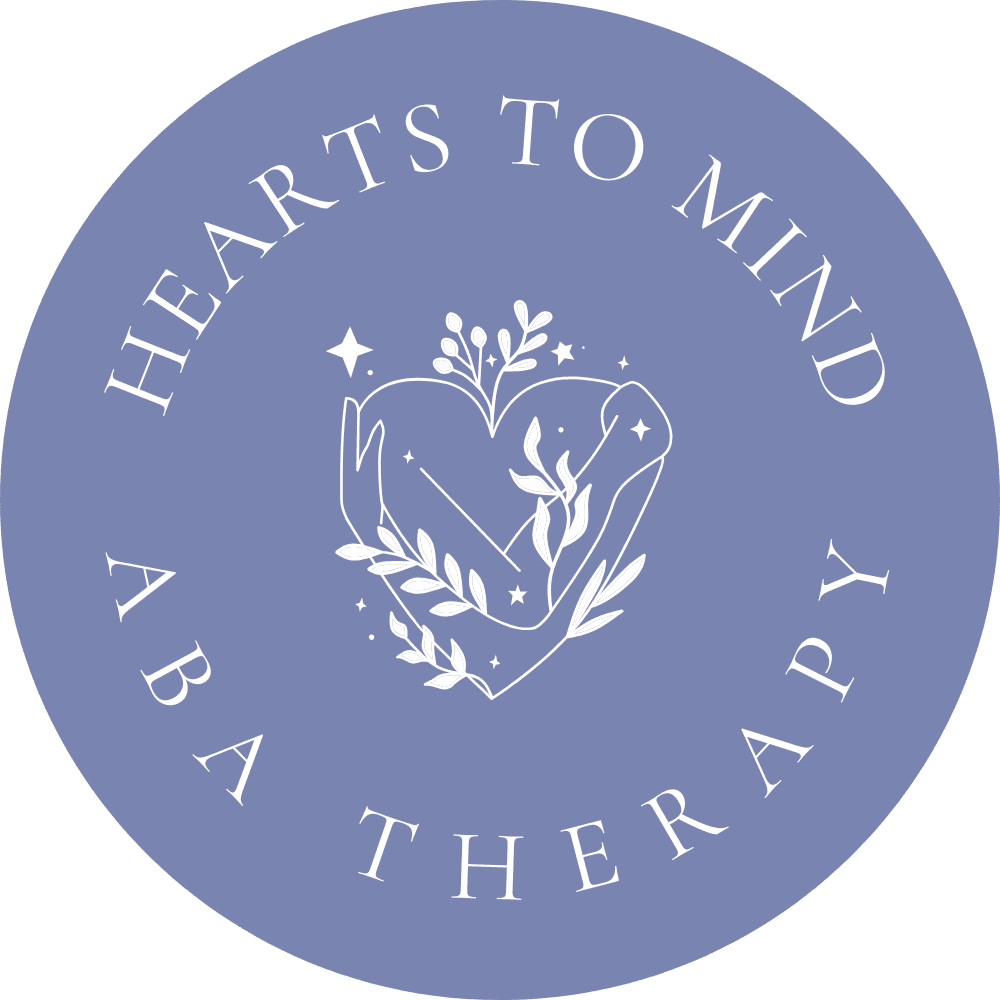Criterias
Admission Criteria
To be accepted into Hearts to Mind ABA Therapy, individuals must be under 12 years old and diagnosed with Autism Spectrum Disorder. The following criteria must be met for admission:
1. The individual must have a definitive diagnosis of Autism Spectrum Disorder (DSM-5) or an Autism Disorder/Asperger’s Disorder/PDD-NOS diagnosis (DSM-IV).
2. The diagnosis should be made by a licensed physician or psychologist with expertise in autism and developmental disorders.
3. The individual must have undergone a comprehensive diagnostic and/or functional assessment, such as Vineland-III, ADI-R, ADOS, CARS2, or Autism Behavior Checklist. This assessment should include:
a. A complete medical history covering pre-and perinatal, medical, developmental, family, and social aspects.
b. A physical examination, which may include growth parameters, head circumference, and a neurologic examination.
c. A detailed behavioral and functional evaluation that outlines behaviors consistent with the ASD diagnosis and associated comorbidities. This includes formal diagnostic tests, scales, observation, and behavioral history.
d. Medical screening and testing to identify the disorder’s etiology, rule out treatable causes, and detect associated comorbidities as needed.
4. The individual must display atypical or disruptive behavior that significantly interferes with daily functioning or poses a risk to themselves or others due to aggression, self-injury, property destruction, etc.
5. A written order must be completed by a qualified healthcare provider after a recent face-to-face consultation with the individual. The order should:
a. Be completed by a licensed physician, licensed psychologist, certified registered nurse practitioner, or other licensed professional authorized to diagnose and treat behavioral health disorders and prescribe behavioral health services, including IBHS.
b. Be written within 12 months before starting IBHS ABA services.
c. Include a diagnosis from the most recent edition of the DSM or ICD.
d. Specify clinical information supporting the medical necessity of the service, the maximum number of service hours per month, the settings where services can be provided, and measurable improvements needed to adjust or terminate services.
6. An initial evaluation by a Board-Certified Behavior Analyst must support the request for ABA services.
7. The diagnostic report should clearly state the diagnosis and the evidence used to make that diagnosis.
Continued Stay Criteria
1. The individual’s condition must still meet the criteria for ABA therapy. This includes ongoing issues, or new problems or symptoms that have emerged.
2. There must be a reasonable expectation that continuing ABA services will be beneficial. The treatment plan should be tailored to the individual's evolving condition, with specific and realistic goals. The plan must be updated regularly based on progress and include new target behaviors as needed.
3. An updated written order with recommendations from a qualified healthcare provider must be on file.
4. An initial assessment by a Board-Certified Behavior Analyst should support the need for continued ABA services.
5. Progress must be monitored regularly with evidence such as behavioral graphs, progress notes, and daily session notes. If there is no measurable progress in reducing the frequency, intensity, or duration of targeted behaviors or in acquiring new skills, the treatment plan should be adjusted.
6. There should be documented evidence of skill transfer and treatment transition planning from the start of therapy.
7. There must be documented efforts to coordinate care with relevant providers and caretakers. If coordination attempts are unsuccessful, the reasons must be recorded.
8. Parent(s) or guardian(s) involvement in the training of behavioral techniques must be documented in the individual's medical records.
Discharge Criteria
1. The individual's treatment plan and goals have been fully achieved.
2. The individual has reached a satisfactory level of stabilization in challenging behaviors, and less-intensive treatment options are now appropriate.
3. The individual no longer meets the criteria for ABA therapy or requires either less or more intensive services.
4. The treatment is causing symptoms to worsen persistently.
5. There is no documented meaningful progress towards treatment goals. This includes a lack of durable and generalized improvement or stabilization of challenging behaviors, with no reasonable expectation of future progress.
Exclusionary Criteria
1. The individual has medical conditions or impairments that would prevent them from benefiting from the services.
2. The individual requires 24-hour medical or nursing monitoring or procedures typically provided in a hospital setting.
3. The individual is already receiving ongoing in-home behavioral services or similar ABA services.
4. Services such as vocational rehabilitation, supportive respite care, recreational therapy, and respite care are not included in the ABA treatment process and will not be certified.
5. The services are primarily intended for school or educational purposes.
